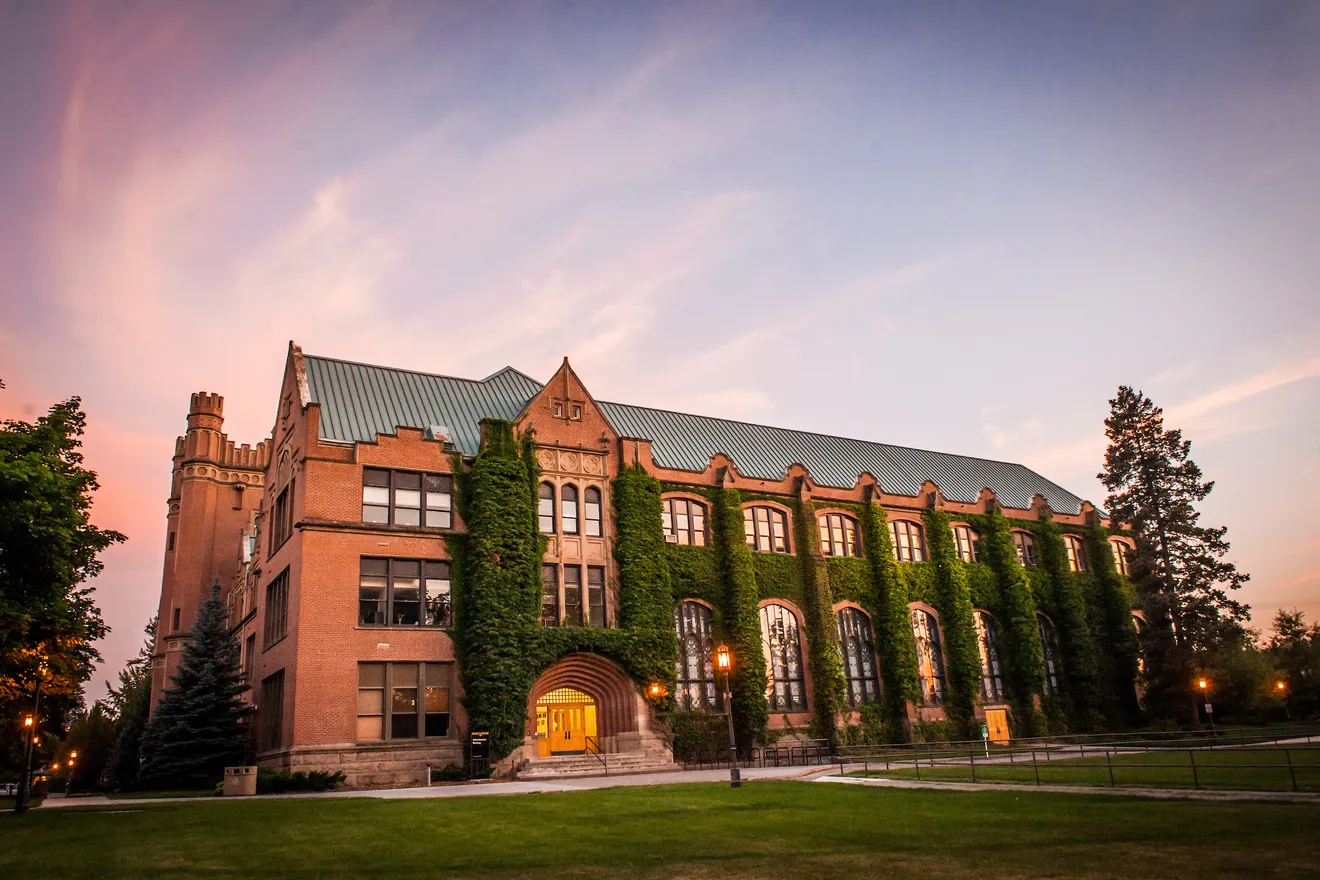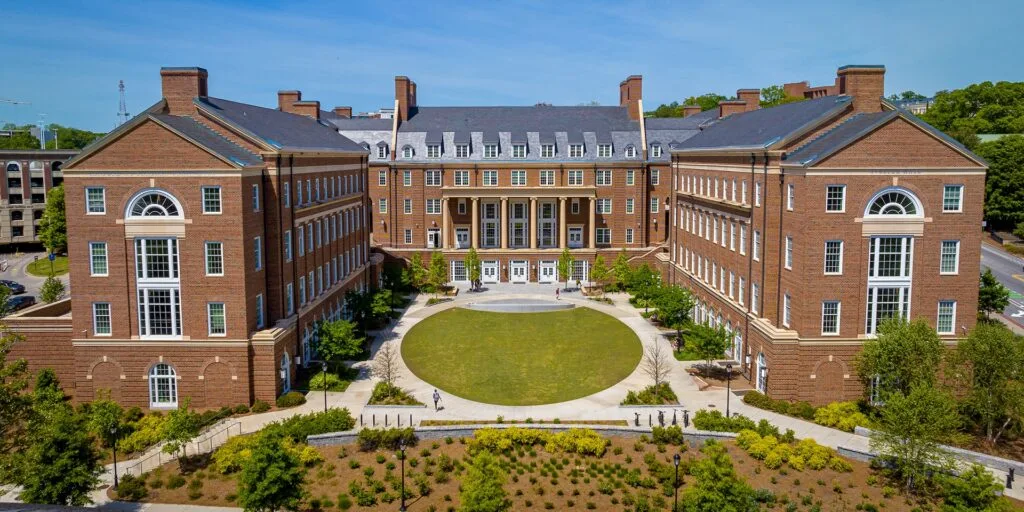Alsharq Tribune- Sarah Benkrouda
Migrants who are granted asylum face new curbs on bringing family members into Britain under a crackdown to be announced by Yvette Cooper.
The Home Secretary will use a Commons statement on Monday to try to seize back the initiative on migration after record small-boat arrivals this year and a growing public backlash over asylum hotels.
She will signal a major shake-up that will restrict when refugees can bring over their families, require them to have sufficient funds before they can do so and set tougher English language requirements.
She will claim the reforms will give “greater fairness and balance” to the system. It follows a five-fold increase in the number of refugees’ family members granted visas to come to the UK, from 4,300 in 2023 to 20,600 in the year to this March, adding to a migrant housing crisis that has provoked nationwide protests.
It comes as MPs return to Westminster for the first time since July after a summer that has seen Nigel Farage’s Reform UK consolidate its lead in the polls.
Sir Keir Starmer will seek to re-set his Government this week with a reshuffle of middle-ranking ministers ahead of a Budget threatening tax rises and a state visit by Donald Trump, the US president.
In a message to Reform, which has promised mass deportations, and the Tories, who want to revive the Rwanda scheme, Ms Cooper will say: “
These are complex challenges and they require sustainable and workable solutions, not fantasy promises which can’t be delivered.”
With councils threatening to continue their battle to shut asylum hotels, she will assure MPs that the Government’s overhaul of the asylum system will mean an end to their use by the end of the Parliament in 2029.
Despite a record 29,000 migrants crossing the Channel so far this year, she will claim the National Crime Agency’s record 347 disruptions of people-smuggling gangs this year has contributed to the lowest number of small-boat arrivals in August since 2019.
She will confirm that the first 100 Channel migrants detained under the one-in, one-out deal will be deported in the coming weeks.
The crackdown on refugee family reunions comes after The Telegraph revealed last month how the Red Cross was among charities paying for hundreds of families to come to the UK to be reunited with migrants granted asylum, despite growing concerns over housing shortages.
The Red Cross locates, advises and funds the travel costs of up to 1,000 family members a year to come from abroad to join people who have been granted refugee status.
Unlike other European countries, asylum seekers can sponsor wives, partners and children to come to the UK as soon as they are granted refugee status.
Immigration rules also mean that, unlike with other visas, family members coming to the UK are not required to demonstrate that they have the necessary accommodation or income to be able to live in the UK without claiming Universal Credit or housing benefits. There is also no requirement that they have to speak English.
This contrasts starkly with British citizens seeking to bring their foreign partners to the UK. Under current immigration rules, they have to meet a minimum income requirement of £29,000 a year, sufficient to support themselves without recourse to state benefits.
Under the changes, the Home Office said it would aim to bring the UK’s approach more in line with other countries in Europe and ease pressure on local councils where homelessness applications linked to the refugee family route had risen sharply in recent years.
Countries including Germany, Austria, Switzerland and Denmark have introduced mandatory waiting times of up to three years before refugees can bring over their families to join them.
Refugees seeking to bring over wives, partners or children will also have to ensure they have sufficient money as a unit to live without relying on the taxpayer.
Ms Cooper’s white paper also committed the Government to ensuring all those coming to the UK “have an appropriate level of English language skills, to be able to effectively integrate into local communities”.
As part of the reforms, the Government is also proposing to restrict the ability of migrants to use the European Convention on Human Rights (ECHR) to either enter or stay in the UK.
The curbs will make it harder for migrants to use the ECHR Article 8 right to a family life and toughen the “public interest” case, where the Home Office can argue that it is not to the benefit of the UK for a migrant to enter or stay in the UK.
Ms Cooper said: “The family reunion system we inherited from the Conservatives is broken. As set out in the immigration white paper, we are reviewing the entire family immigration system, including the way Article 8 claims are interpreted in the courts.
“That also includes looking at increasing responsibilities for people to support their families, increasing English language requirements, and examining changes in this area that other countries have brought in.”








.png?locale=en)












